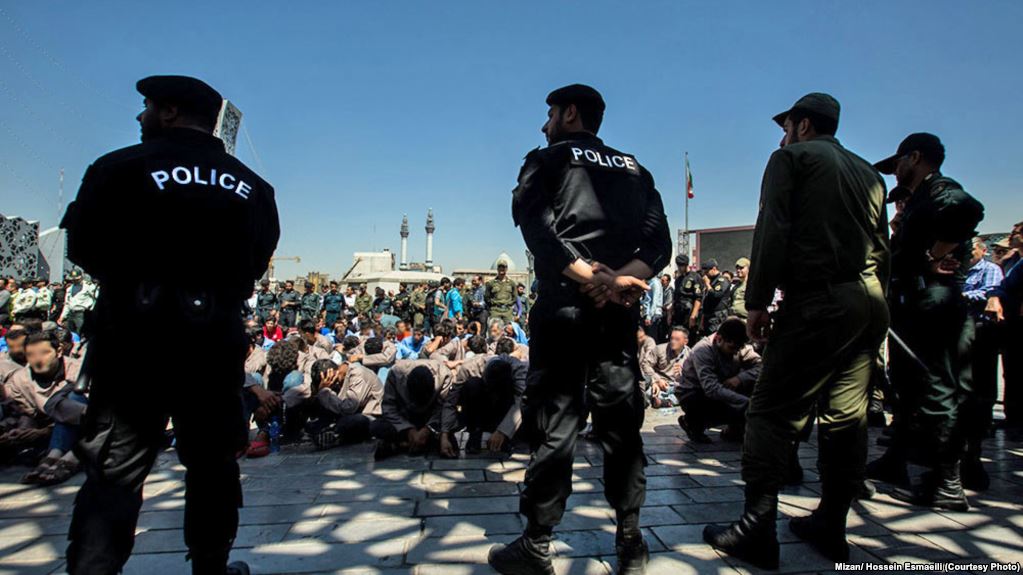Axar.az presents an article “Political Civility” by John Samuel Tieman.
Since my election to City Council, I have found myself in the oddest position. I take care with my words. In the past, my approach was to just open my mouth and hope for the best.
Twice this week, I have found myself in the company of constituents who spoke ill of a former mayor. They opined that her time as mayor was disruptive, divisive, bitter. I didn't disagree. Indeed, I ran for Council with the clear understanding that I never was, never will be, aligned with the former mayor. Nonetheless, I said to my constituents, “She is a respected and honored member of our community. She served on the Council. She served as mayor. During her term as mayor, she did things that folks found objectionable. So they voted her out of office. She wasn't impeached. She wasn't indicted. She wasn't forced to resign. She lost an election. That's the way it should be. I will continue to respect and honor her – and that's also the way that should be.”
Political norms are generally unwritten rules and guides to behavior that facilitate governance. Such norms define how a citizen engages with government, and how those in government engage with citizens and each other. Political norms have also defined, put simply, what it means to be an American, at least to the extent that “American” is defined in part as someone who conforms to the Constitution and the norms of representative democracy.
These are ugly times. Threats to politicians are common. I've had folks recommend I wear a bullet-proof vest, and even carry a gun, because I am an elected official. (I refuse to do that.) President-elect Donald Trump promises “retribution” against his political opponents. This attitude filters down to the state and local levels.
Threats over the last two years have grown significantly, with 240 reported events across 40+ states in 2024. This increase is 15% above 2023 rates and 60% higher than the same period in 2022. 81% of elected officials responding to a 2021 survey reported harassment, threats and violence. 87% reported noticing a change in the levels of harassment, threats and violence during their time in office. Additionally, racially motivated threats and harassment are reported at higher rates than other types of threats and harassment.
What, then, must we do? I have one small suggestion. Decorum. Civility.
In his “De Officiis”, Cicero speaks of the morality of civility. “... what, in Latin, may be called decorum (propriety); for in Greek it is called πρέπον. Such is its essential nature, that it is inseparable from moral goodness; for what is proper is morally right, and what is morally right is proper.”
“Robert's Rules Of Order” doesn't specifically distinguish between procedure and norms. It does offer a guide to civic civility, however. The “Rules Of Order” are often criticized as cumbersome, stilted. Folks say that it doesn't allow people to be themselves, to be conversational, casual. It’s not supposed to. In large assemblies, casual conversation is impossible. “Robert's Rules” creates an atmosphere wherein the members of the governing body, and the members of the public, can attend to business efficiently, fairly – and civilly. In the end, what should arise out of such decorum is a platform for dialogue.
If such a platform seems stilted, it should be. In one sense, all language is stilted because all language demands form. I used to teach English. My students used to hate my insistence upon the correct verb form. But insist I did. I’d tell them, “If you can’t give me the correct form of the verb, I won’t know if you’re talking about yesterday, today, or tomorrow.”
I don't often read Miss Manners, but I like how she equates etiquette with ethics. Polite listening, polite responding, decorum, these serve as vehicles toward dialogue, the first step of which is to respect the full humanity of the other. Besides, it beats beginning a meeting by shouting an insult and wielding a blackjack.






















































